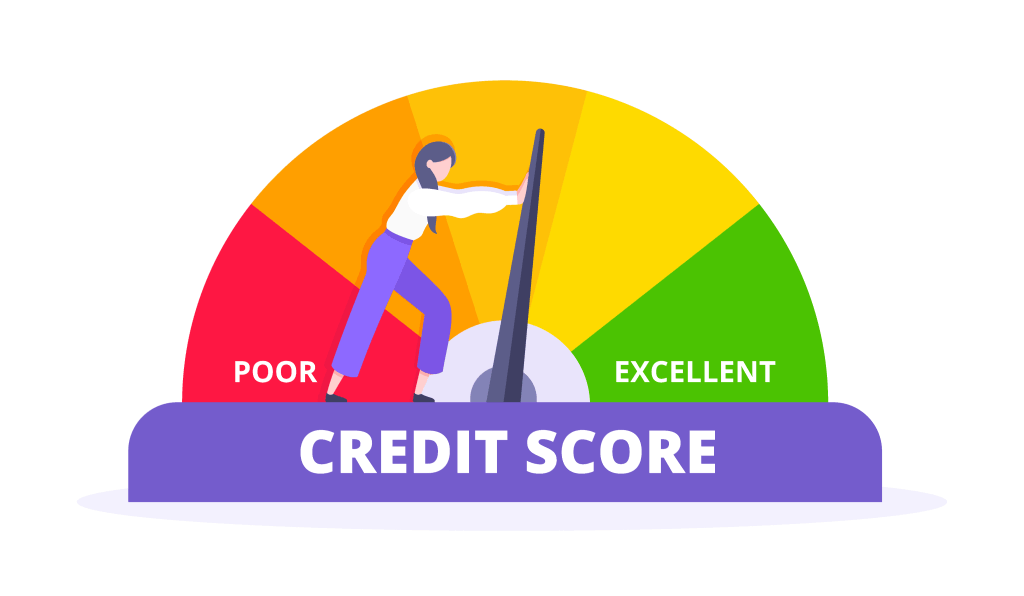When it comes to buying a house, your credit score plays a crucial role in determining your eligibility for a mortgage and the interest rates you'll be offered. A higher credit score can translate to lower interest rates and better loan terms, potentially saving you thousands of dollars over the life of your mortgage. In this blog, we'll explore effective strategies to boost your credit score and enhance your chances of securing your dream home.
- Check Your Credit Report Regularly: Before you start the home-buying process, obtain a copy of your credit report from each of the major credit bureaus (Equifax, Experian, and TransUnion). Review the reports for any errors, discrepancies, or fraudulent activities. Dispute and resolve any inaccuracies promptly, as they can negatively impact your credit score.
- Pay Your Bills on Time: Timely payment of bills, including credit cards, loans, and utility bills, is one of the most significant factors influencing your credit score. Set up automatic payments or reminders to ensure you never miss a due date. Consistent on-time payments demonstrate financial responsibility and positively impact your creditworthiness.
- Reduce Credit Card Balances: High credit card balances relative to your credit limit can adversely affect your credit score. Aim to keep your credit card balances below 30% of your credit limit. Paying down credit card debt can have an immediate positive impact on your credit utilization ratio, a key factor in credit scoring.
- Avoid Opening New Credit Accounts: While having a mix of credit types is beneficial for your credit score, opening multiple new credit accounts within a short period can be viewed negatively. Each new account can temporarily reduce your average account age and result in a hard inquiry, which may lower your score. Only open new accounts when necessary.
- Negotiate with Creditors: If you're facing financial challenges, consider negotiating with your creditors to arrange more favorable payment terms. Many creditors are willing to work with you to establish a realistic repayment plan, helping you avoid late payments and subsequent damage to your credit score.
- Become an Authorized User: Ask a family member or friend with a positive credit history if you can become an authorized user on one of their credit accounts. This can potentially boost your credit score by including their positive payment history on your credit report. However, make sure the account holder has a good credit history before pursuing this option.
- Build a Positive Credit Mix: A diverse credit mix, including credit cards, installment loans, and retail accounts, can positively impact your credit score. While it's essential to manage credit responsibly, having a variety of credit types can demonstrate your ability to handle different financial responsibilities.
- Seek Professional Advice: If you're unsure about the best steps to take, consider consulting with a credit counselor or financial advisor. These professionals can provide personalized advice based on your financial situation and guide you through the process of improving your credit score.
Improving your credit score is a crucial step in preparing to buy a house. By being proactive and implementing these strategies, you can enhance your creditworthiness, increase your chances of securing a favorable mortgage, and move one step closer to turning your homeownership dreams into reality. Remember, building good credit takes time and consistent effort, so start early and stay committed to achieving your financial goals. When you’re ready to start your home search let The Kenny Silverman Group be your guide!
